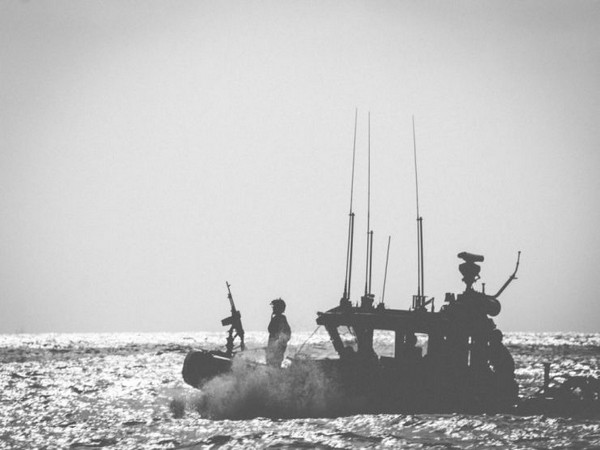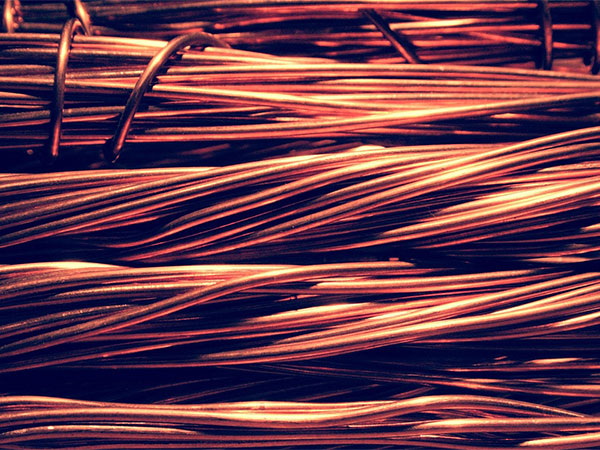
'Picture of fire and bullets' in the Middle East after the US attacked the Houthis
Jan 15, 2024
Washington [US], January 15: The situation in the Middle East is continuously tense and shows no signs of calming down even when the US and UK directly attack the Houthi political and military forces that control Yemen.
Yesterday (January 14), The New York Times quoted US officials as saying that recent air strikes led by Washington damaged or destroyed about 90% of the attacked targets.
Houthis can respond to the US
However, according to the above source, the Houthis still maintain 75% of their ability to launch missiles and drones
Responding to Thanh Nien on January 14, a US military intelligence expert, who once headed a NATO
"Houthi leaders may feel compelled to respond, but until radar and sensor systems are restored, they can deploy unmanned aerial vehicles (UAVs) for combat. Normally, to recover Such equipment can take up to a week. If they attack, the Houthis will use UAVs and "suicide fishing boats" to attack ships in the Red Sea and off the coast of Yemen. It cannot be ruled out that the Houthis are looking for How to attack US Navy ships," the expert predicted.
Besides, according to him, as an influential party to the Houthis, Iran understands that the recent attack by the US and UK is a message emphasizing that these two countries will not accept the Houthis conducting any more raids. on the Red Sea. Therefore, Tehran can influence the Houthis to pause.
"Perhaps, Iran does not want the US to increase sanctions against the Houthis - something that could seriously reduce the ability of this force. Because this is the only force that Tehran can exert influence in. Yemen, which has the advantage of accessing the Red Sea," said the expert.
According to him, after the recent seizure of the oil tanker, if Iran makes further moves, perhaps the US will impose some sanctions to send a message to Tehran that there will be a price to pay if things go further. .
"The problem is what will Iran choose? The US under President Joe Biden's easing of sanctions against Iran has created conditions for Tehran to have more resources and be able to support more. If it feels that other countries are reacting weakly to Iran's actions, Tehran could increase its attacks on Israel and make it difficult for maritime and military forces to attack. America", the expert assessed.
Israel's campaign continues until February?
After 100 days of conflict since Hamas
Regarding this issue, the above expert said that Israel's campaign in the Gaza Strip will probably continue until February, or even longer. "Unless Washington cuts off aid to Tel Aviv - which is very unlikely this year when the US has a presidential election, Israel will continue its campaign until it destroys its leadership and military strength. "Hamas. Only then will Tel Aviv feel safe. Of course, Tel Aviv wants to speed up this process," he analyzed.
Meanwhile, according to him, Hezbollah forces in Lebanon will continue to agitate to attract attention and pull Israeli resources away from the Gaza Strip and Syria.
"But the leadership of Hezbollah probably does not want to participate in a full-scale war. Despite pressure from Iran, Hezbollah appears to calculate each step very carefully. If Israel does not initiate a military campaign to Li "The conflict with Hezbollah is still small-scale, mainly limited to shelling and bombardment with artillery and missiles," the expert assessed.
Source: Thanh Nien Newspaper









